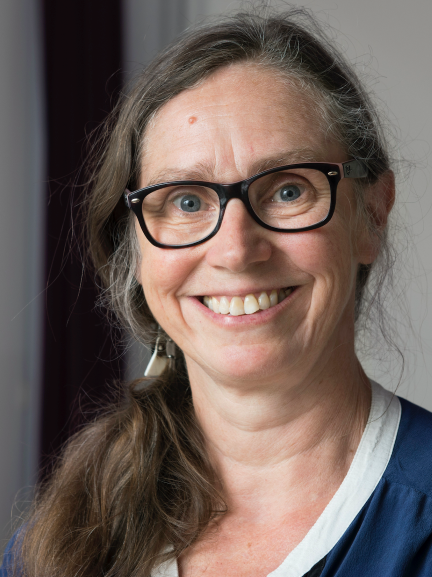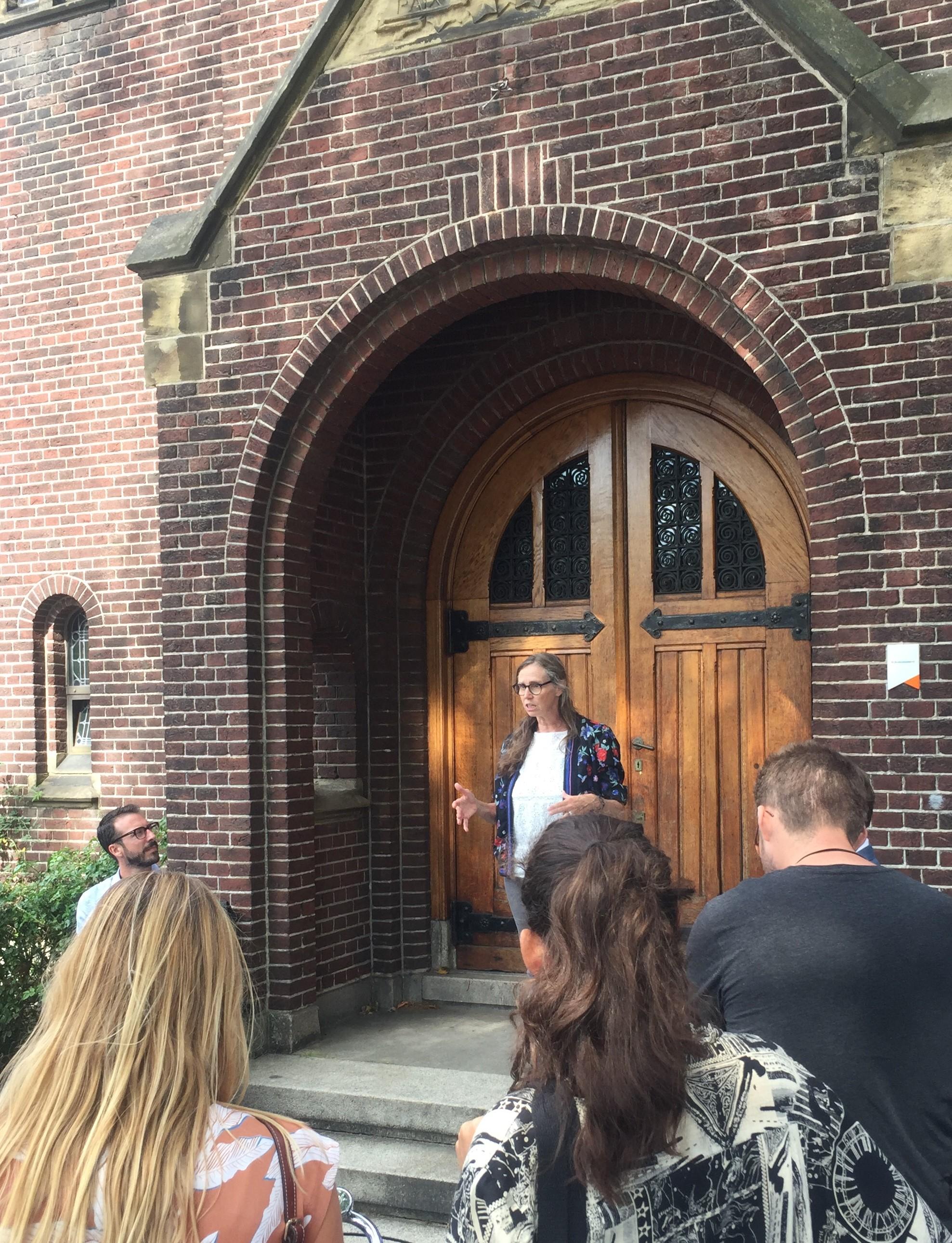Interview with prof.dr. Marlou Schrover, professor of Migration History at Leiden University
By Lhamo Meyer and Mark van Ostaijen
What was your personal motivation to become part of the LDE Centre Governance of Migration and Diversity?
 "As a historian I often hear students, policy makers or migration experts say that we live in a time where migration plays an important role. But migration is not a recent phenomenon, it does not go back ten years or to the 1990s when Yugoslavia fell apart, but more than hundreds of years. I think it is useful to look at the past and realise that events are not as new as we think they are. You can often see that new policies are very similar to policies in the past and that they are developed without looking back or evaluating their impact. So I think as historians we should highlight the importance of looking at how people have been dealing with issues in the past to apply this knowledge to current events. Personally, I find it important to add a historical perspective to migration related issues to change the crisis rhetoric which is often used in this context."
"As a historian I often hear students, policy makers or migration experts say that we live in a time where migration plays an important role. But migration is not a recent phenomenon, it does not go back ten years or to the 1990s when Yugoslavia fell apart, but more than hundreds of years. I think it is useful to look at the past and realise that events are not as new as we think they are. You can often see that new policies are very similar to policies in the past and that they are developed without looking back or evaluating their impact. So I think as historians we should highlight the importance of looking at how people have been dealing with issues in the past to apply this knowledge to current events. Personally, I find it important to add a historical perspective to migration related issues to change the crisis rhetoric which is often used in this context."
How did the idea of a LDE research centre emerge?
"The idea of establishing a research centre in collaboration with Leiden University, TU Delft and Erasmus University Rotterdam emerged already ten years ago. However, back then we decided that it would be better to start with teaching first to prove the validity of such a collaboration. In this way we could get to know each other better and learn more about the research activities within other universities and how diverse disciplines can benefit from each other. We also learned a lot from the students, such as how they deal with different theories and different methods. To start with education before creating a research centre turned out to be a very fast and effective learning curve and differs from other LDE centres which often started the other way around."
As historians we should highlight the importance of looking at how people have been dealing with issues in the past to apply this knowledge to current events.

"In the beginning it was very exciting to see how we are going to work together and whether students are actually interested in such a Master programme. Now the programme successfully runs since five years and one of the things I appreciate the most is the walking tour on the Welcome Day. It is a fun opportunity where students and professors can get to know each other, their backgrounds, where they come from, and a good way to create a nice atmosphere. I also really like the field trips such as going to Antwerp to visit the Red Star Line museum or the Mosque in Leiden. It is interesting to see how students prepare and interact with professionals which creates a different dynamic outside of academia."
Why is the Faculty of Humanities of Leiden University part of the LDE Centre Governance of Migration and Diversity?
"At Leiden University we have more than 180 people working in the field of migration who are connected by the Leiden Interdisciplinary Migration Seminars (LIMS). Also within the History department we have a large number of people doing migration research but many are not aware of colleagues working outside Leiden University within the Netherlands doing migration research and how their research can be relevant to other people. Research fields are still very separated so I think the LDE centre provides us with the opportunity to connect scholars. I think there are many more connections than people see and one of the challenges is to make them realise that these interactions are very useful for everyone that participates."
What do you want to realize with the research centre?
"We should develop into a centre which is visible and recognised by policy makers or journalists. We should guarantee that the type of knowledge people get from our centre is credible, accessible and applicable. To demonstrate the social significance of our centre we take multiple actors at a local, national and international levels into account. That is also why we are currently establishing a Advisory Council (Contactraad) with professionals to exchange knowledge and expertise on current societal issues. Through close collaboration with societal actors such as municipalities, NGOs, museums or trade unions, we can become more aware on what our research should focus on and how we can include that in our educational activities. It is important that this interaction takes place in multiple directions."
I hope that in three years’ time we can demonstrate the added value of interdisciplinary research and successful collaboration.
What can we expect of the LDE Centre Governance of Migration and Diversity in three years’ time?
"A lot of people applying for funding claim that they are working interdisciplinary which is often not the case if you look at the proposals more closely. I hope that in three years’ time we can demonstrate the added value of interdisciplinary research and successful collaboration through joint research projects, joint publications and joint conferences.
I also hope that we are able to establish a name which is well known and that we become the first point of access for local, national, and international organisations and authorities to get expertise or top-level students in the field of governance of migration and diversity. I do think we have this potential and we should develop and make use of it."
